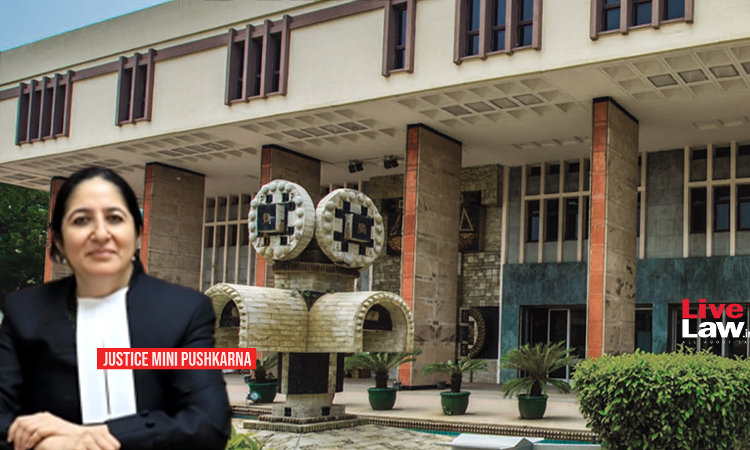The Delhi High Court has reiterated that a Section 34 petition filed unaccompanied by the impugned award and without the statement of truth would not constitute a valid filing. The Court observed that the petition as originally filed was without the impugned award and statement of truth and constituted of only 46 pages, however, the refiled version ran into 1785 pages which included...

